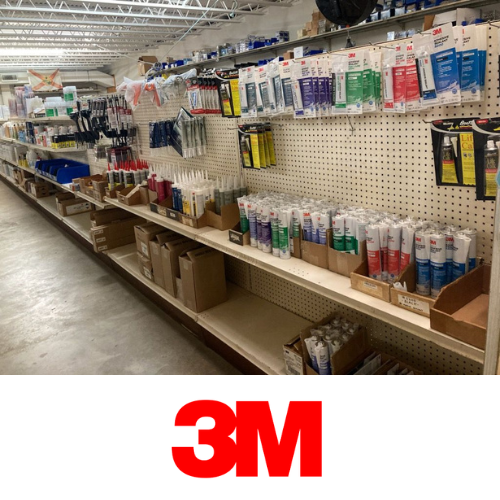
Marine abrasives are available in various forms, including abrasive discs, belts, sheets, rolls, pads, and wheels. They are manufactured using different abrasive materials, such as aluminum oxide, silicon carbide, garnet, or diamond, each offering specific properties and performance characteristics. The choice of abrasive material depends on the type of surface being treated, the level of abrasion required, and the desired outcome.
For example, aluminum oxide is a good choice for general-purpose sanding, while silicon carbide is more effective for cutting through tough materials. Garnet is a good choice for polishing, and diamond is the most durable abrasive material and is often used for cutting and grinding.
Abrasive grit sizes also vary, ranging from coarse to fine, allowing for a range of applications from heavy-duty material removal to fine surface finishing. Coarser grits are used for aggressive tasks, such as removing heavy corrosion or thick coatings, while finer grits are employed for achieving smooth and polished surfaces.
Marine adhesives are essential products used in the maritime industry for bonding and sealing applications in a variety of marine environments. These specialized adhesives are designed to withstand the challenging conditions encountered at sea, including exposure to saltwater, extreme temperatures, UV radiation, vibrations, and mechanical stresses. They provide strong and durable bonds between different materials used in the construction, repair, and maintenance of boats, ships, and other marine structures.
Marine adhesives offer several advantages over traditional mechanical fastening methods, such as screws or rivets. They distribute stresses evenly across the bonded area, reducing the risk of stress concentration points and potential weak spots. Adhesives also provide better aesthetics by eliminating visible fasteners and reducing surface irregularities. Moreover, they can enhance the overall structural integrity of marine vessels by creating a continuous bond, minimizing water intrusion, and reducing the risk of corrosion and fatigue.
Marine cleaners are essential products used in the maritime industry for cleaning, degreasing, and maintaining various surfaces and equipment on boats, ships, and other marine vessels. These specialized cleaners are specifically formulated to tackle the unique challenges posed by marine environments, such as saltwater, algae, marine growth, oxidation, and stubborn stains. They help to keep marine surfaces clean, restore their appearance, and preserve their integrity.
Marine cleaners are available in a variety of types, each designed for specific cleaning tasks and surface materials. Some common types of marine cleaners include:
- Hull and deck cleaners: These cleaners are designed to remove dirt, grime, and marine growth from the hull and deck of a boat.
- Bilge cleaners: These cleaners are designed to remove oil, grease, and other contaminants from the bilge of a boat.
- Metal cleaners: These cleaners are designed to remove rust, oxidation, and other contaminants from metal surfaces.
- Glass and plastic cleaners: These cleaners are designed to remove dirt, grime, and salt spray from glass and plastic surfaces.
- Teak/wood cleaners: These cleaners are designed to clean and protect teak and other wooden surfaces.
- Fabric cleaners: These cleaners are designed to clean and protect fabrics, such as leather, vinyl, canvas, upholstery, and carpet.
By choosing the right marine abrasive, adhesive, or cleaner for the job, you can help to ensure that your boat or other marine vessel is properly maintained and protected.

